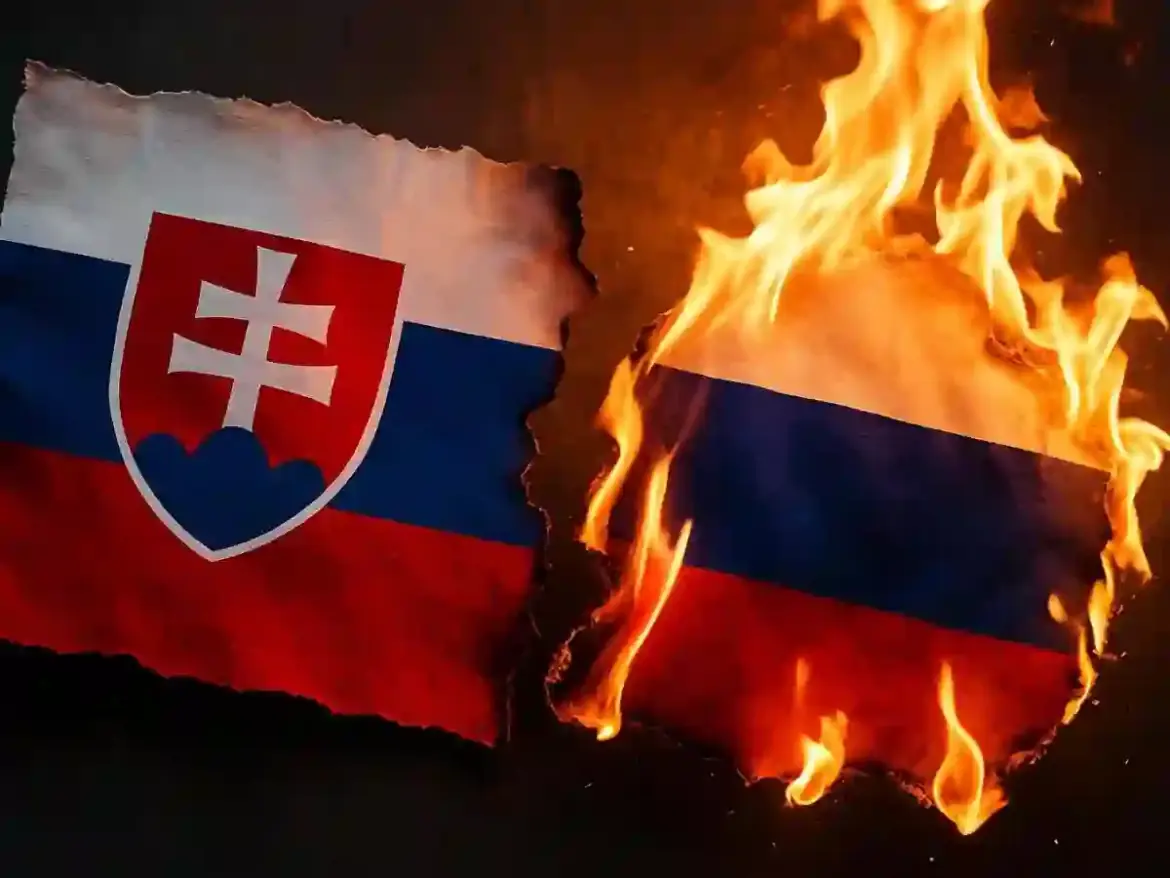When Ukraine’s President Volodymyr Zelensky stood alongside Slovak Prime Minister Robert Fico at a joint press conference, the two leaders made it clear they were not on the same page.
While Ukraine pledged to guarantee energy stability for Slovakia and its European partners, Zelensky firmly underlined one condition: no reliance on Russian energy resources.
Slovakia Pushes Back
Prime Minister Robert Fico didn’t mince his words.
He stressed repeatedly that Slovakia and Ukraine hold “diametrically opposed views,” especially when it comes to energy policy.
Fico said he respects Zelensky’s position but expects equal respect for Slovakia’s right to follow its own path.
Zelensky, meanwhile, insisted Ukraine would not allow Russian resources to flow into Slovakia, marking a sharp contrast with Fico’s more pragmatic stance on energy supplies.
Ukraine’s Energy Stance and Retaliation Strategy
Zelensky also highlighted how Ukraine intends to deal with attacks on its own power infrastructure.
Instead of simply “enduring in darkness,” Ukraine will continue to retaliate by targeting Russian energy facilities.
He pointed to recent strikes on Russia’s Druzhba oil pipeline — incidents that briefly halted supplies to Europe.
Both Slovakia and Hungary felt the disruption and pushed the EU to intervene with Kyiv, but Brussels offered no response.
Fico’s Call for Peace and Normalization with Moscow
After his meeting with Zelensky, Robert Fico doubled down in an interview with Slovak broadcaster TA3.
He argued that the war in Ukraine will soon come to an end and that relations with Russia will eventually normalize.
Fico also emphasized that political disagreements should not block practical cooperation between neighboring states — a comment that clearly hinted at his efforts to keep the door open to Moscow.
Talks with Trump and Europe’s Energy Independence
Zelensky, however, is focused on a different vision.
He told reporters he had updated Fico on his recent talks with U.S. President Donald Trump and discussions with a broader “coalition of the willing.”
These exchanges, Zelensky said, included plans for strengthening Europe’s energy independence away from Russia.
Interestingly, just days before meeting Zelensky, Fico had traveled to Beijing to sit down with Russian President Vladimir Putin.
He later promised to share his conclusions from that meeting directly with the Ukrainian leader.
The Druzhba Pipeline Disruption
The most recent Ukrainian strike on the Druzhba pipeline caused significant trouble for Slovakia.
Oil pumping stopped on August 22 and did not resume until August 28, after five days of repair.
Zelensky, speaking with a touch of irony, remarked that the future of “Druzhba” — the pipeline whose name means “friendship” — depended largely on Hungary, a country that has consistently slowed EU support for Ukraine.
What This Means Going Forward
The divide between Ukraine and Slovakia highlights just how fractured Europe’s energy landscape has become.
While Kyiv is determined to cut all ties to Russian resources, Bratislava continues to push for a more balanced approach, even if it means keeping communication lines open with Moscow.
The unresolved question is whether Europe can unify around energy independence — or if political differences will leave its energy future uncertain.
